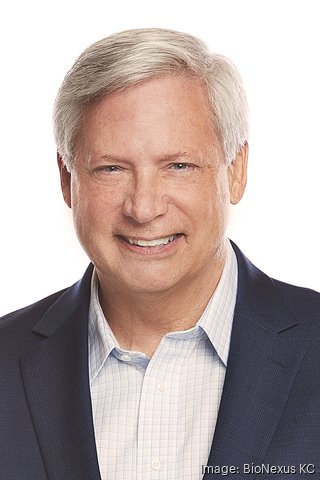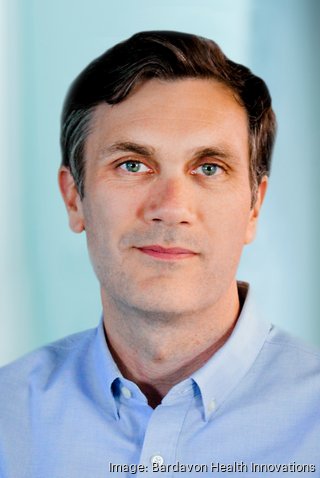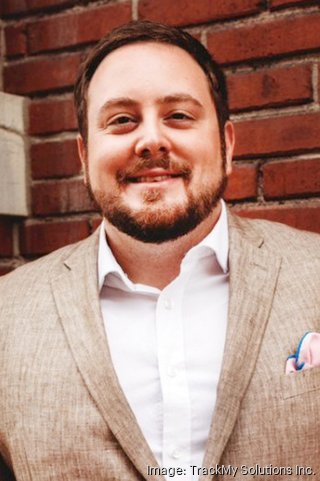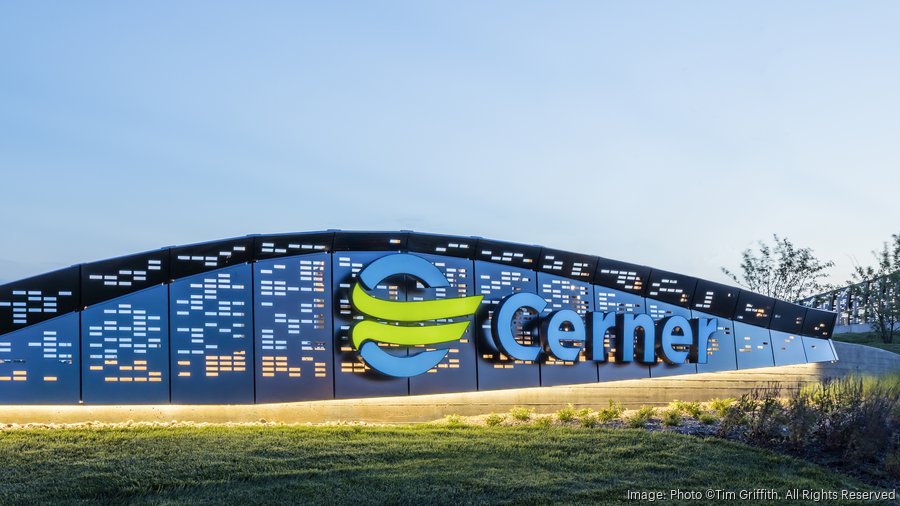Listen to this article 3 min
When Dick Flanigan heard co-founder and Chairman Larry Ellison announce that Oracle Corp. would move its headquarters to Nashville, the news confirmed concerns he had for the future of thousands of Kansas City’s Oracle Health employees.
Since Oracle (NSYE: ORCL) bought Cerner Corp. for $28.3 billion in 2022, Flanigan, a former Cerner executive for nearly 30 years, worried that the company’s robust talent pool would disappear.
Although details of the headquarters move are not clear, one thing is: Ellison’s remarks Tuesday indicate that the company’s Kansas City presence and employee base will not expand tremendously, as it once had, in the coming years. Instead, Nashville most likely will benefit from that growth.
“We worked incredibly hard over the last 45 years to build something special, as Cerner leaders and Cerner associates,” said Flanigan, CEO of Digital Health KC. “I was very disappointed because I think part of what made Cerner and the work we did special was the fact that we were in Kansas City, and we had a real desire to change health care.”

Flanigan doesn’t anticipate Oracle will eliminate or relocate its entire Kansas City workforce. He does expect the company will offer Nashville-based employment to some area employees in key leadership roles.
Like Flanigan, Bardavon Health Innovations CEO Alex Benson is concerned about Oracle Health’s thousands of employees. Benson worked at Cerner more than 14 years until he left a senior role in May 2021 to join Bardavon, a digital health startup.
“Obviously, I hope it has a minimum impact to KC-based jobs. It’s at least reasonable to be optimistic given folks can work well in hybrid formats,” Benson said. “There’s a ton of institutional knowledge in Kansas City around the Cerner part of the business.”
As of last year, the company reportedly has about 11,900 metro-area employees. But it's unclear after multiple rounds of layoffs in the past two years how accurate that figure is.

Benson and Flanigan aren’t surprised Oracle’s focus has shifted to Nashville. Oracle bought Cerner to expand its capabilities in health care technology. Nashville is one of the nation’s health care hubs, with dominant for-profit health care systems like HCA Healthcare.
Oracle also recently has focused on expanding its real estate footprint in Nashville. Already, the company has outlined plans to add 8,500 jobs and build a $1.35 billion campus in Nashville.
All the while, Oracle has emptied out some Cerner offices in Kansas City. That’s another signal Oracle won’t expand its real estate footprint in Kansas City, Benson said.
“That was one of the great things about Cerner. Over the last 15 to 20 years, its real estate footprint expanded, and it added more employees,” Benson said. “It seems Oracle is very focused on building elsewhere, not in Kansas City.”
Benson and Flanigan are just two examples of the local talent that sprung from Cerner. Former Cerner employees Mike Valentine and Tom Herzog are CEO and COO, respectively, of health IT company Netsmart. Bill Miller is CEO of health IT company WellSky. Both are based in Overland Park, and combined they employ 1,600-plus locally (5,100-plus overall) and had revenue of $1.35 billion in 2023.
The employee base Cerner built also played a key role in a number of local digital health startups, including TrackMy Solutions, a Kansas City-based health care IT company.

CEO and founder Jeremy Elias worked as a consultant at Cerner for more than 10 years until 2020. While at Cerner, he said employees were embedded with an entrepreneurial spirit and passion that stemmed largely from the culture late-CEO Neal Patterson instilled.
Elias, who still keeps in contact with several current Oracle Health employees, said that tone has shifted.
“I used to hear about growth and excitement from people working at Cerner. It was always a big pride thing,” Elias said. “Unfortunately, a lot of that has deteriorated over the last couple of years.”
As a CEO, Elias said he and many other area executives long have relied on the employee base Oracle and Cerner created in the area. With Oracle redirecting its focus, it probably will become harder to find similarly great talent in the tech space, he said.
That's ultimately why Digital Health KC formed, where Flanigan is CEO. Digital Health KC, backed by BioNexus KC, is an initiative designed to bolster the entire area’s digital health industry. The effort tracks more than 100 local digital health companies.
“We thought that this could be a possibility of losing the headquarters for a great company,” Flanigan said. “I wish they had engaged more fully with the Kansas City community to really understand how great an ecosystem we have for digital health innovation. I wish they had given Kansas City a chance.”
